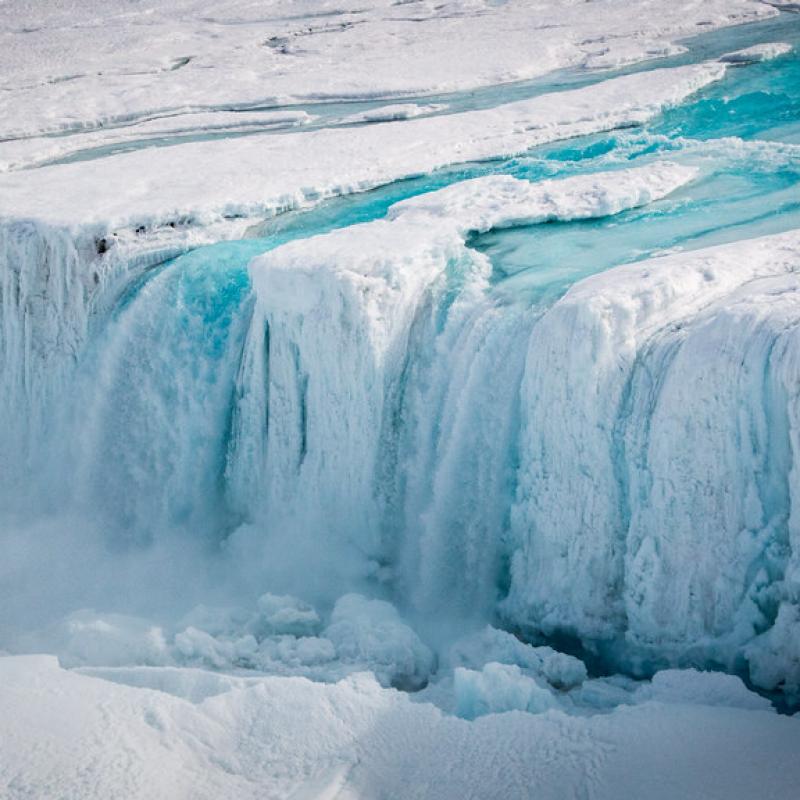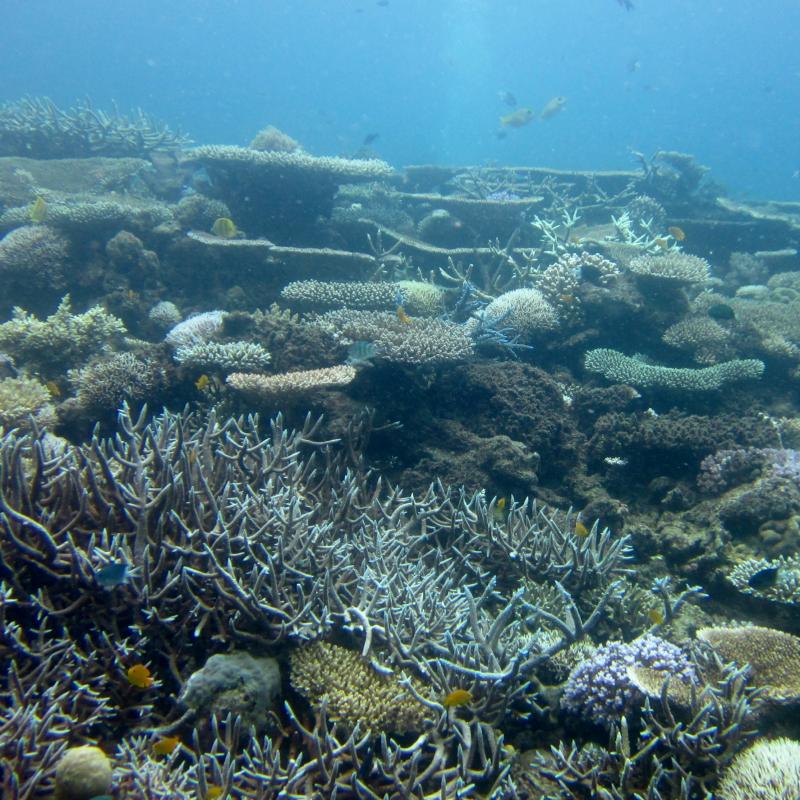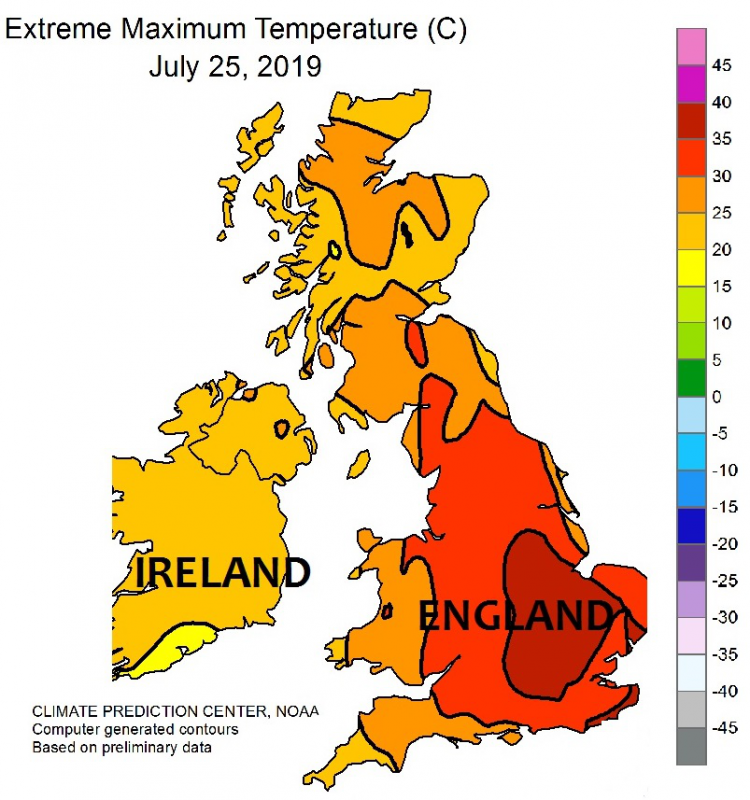Projects
CROP-NET: Monitoring and predicting the effects of climate change on crop yields
Climate change poses one of the greatest risks to future food production both in the UK and globally. The general consensus is that climate change will have both significant positive and negative…
DSNE: Data Science of the Natural Environment
In DSNE, we will develop a data science of the natural environment, deploying modern machine learning and statistical techniques to enable better informed decision-making as our climate changes.…
EPSRC Senior Fellowship in the Role of Digital Technology in Understanding, Mitigating and Adapting to Environmental Change (Ensemble)
Digital technologies have a crucial role to play in helping scientists and other key stakeholders to more deeply understand the natural environment and its complex web of interconnected ecosystems.…
Explainable AI for UK Agricultural Land Use Decision-making
Agricultural land use dynamics and their associated driving factors represent highly complex systems of flows that are subject to non-linearities, sensitivities, and uncertainties across spatial and…
InHALE (Investigating HALocarbon impacts on the global Environment)
With the Kigali Amendment coming into force in 2019, the Montreal Protocol on Substances that Deplete the Ozone Layer has entered a major new phase in which the production and use of…
Methodologically Enhanced Virtual Labs for Early Warning of Significant or Catastrophic Change in Ecosystems: Changepoints for a Changing Planet
Virtual labs are emerging as a key component in the construction of future digital environments. In the environmental science community, most existing virtual labs focus on the problem of integrating…
Why is lower stratospheric ozone not recovering?
Depletion of the stratospheric ozone layer remains a persistent environmental issue. In the upper stratosphere and polar lower stratosphere (LS) ozone is showing signs of recovery and is expected to…



